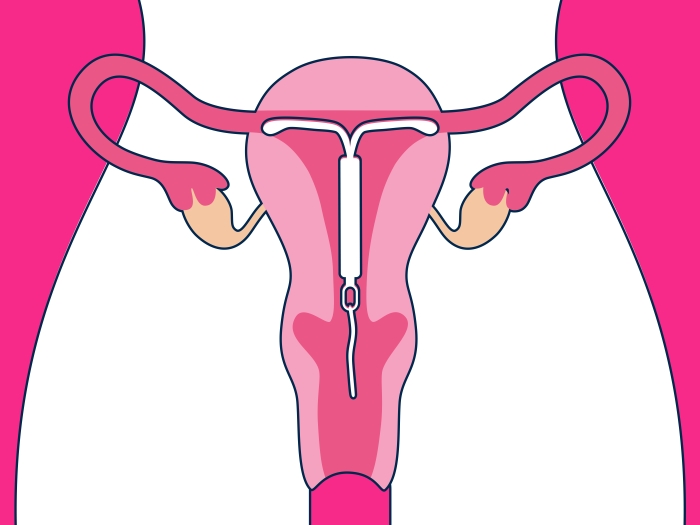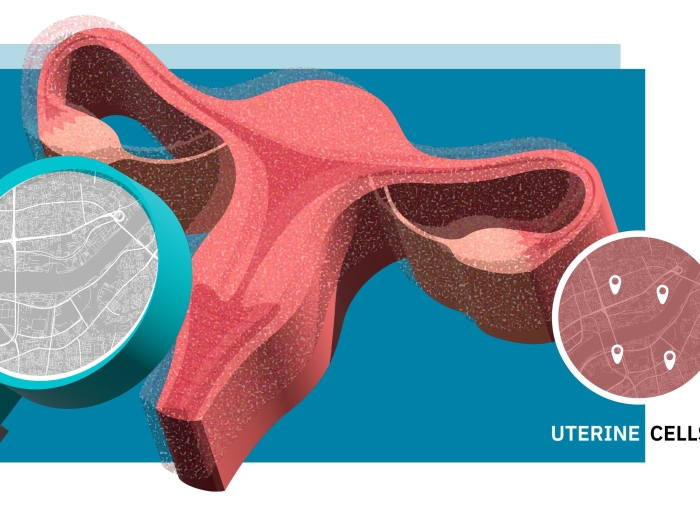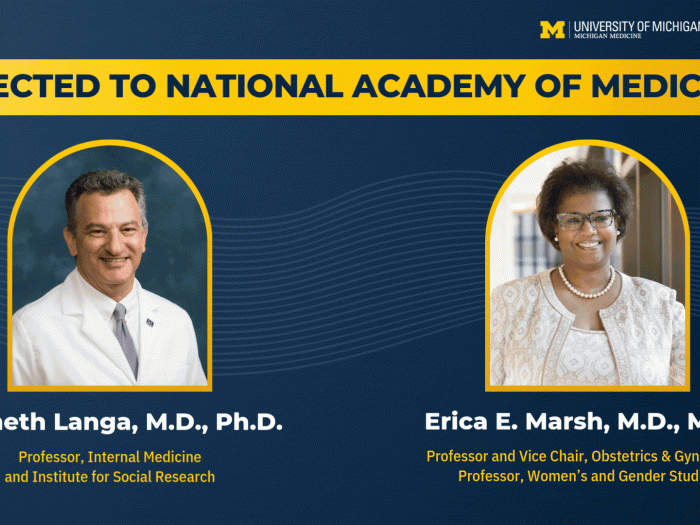-
Education Hub -
Medical Student Programs -
Residency -
Fellowships & Advanced Training Programs -
Cancer Genetics & Breast Health -
Complex Family Planning -
Global Women's Health -
Gynecologic Oncology -
Hospitalist -
Maternal Fetal Medicine -
Minimally Invasive Gynecologic Surgery -
Pediatric & Adolescent Gynecology -
Reproductive Endocrinology & Infertility -
Urogynecology & Pelvic Reconstructive Surgery -
Women's Health
-
-
Opportunities -
Facilities & Spaces
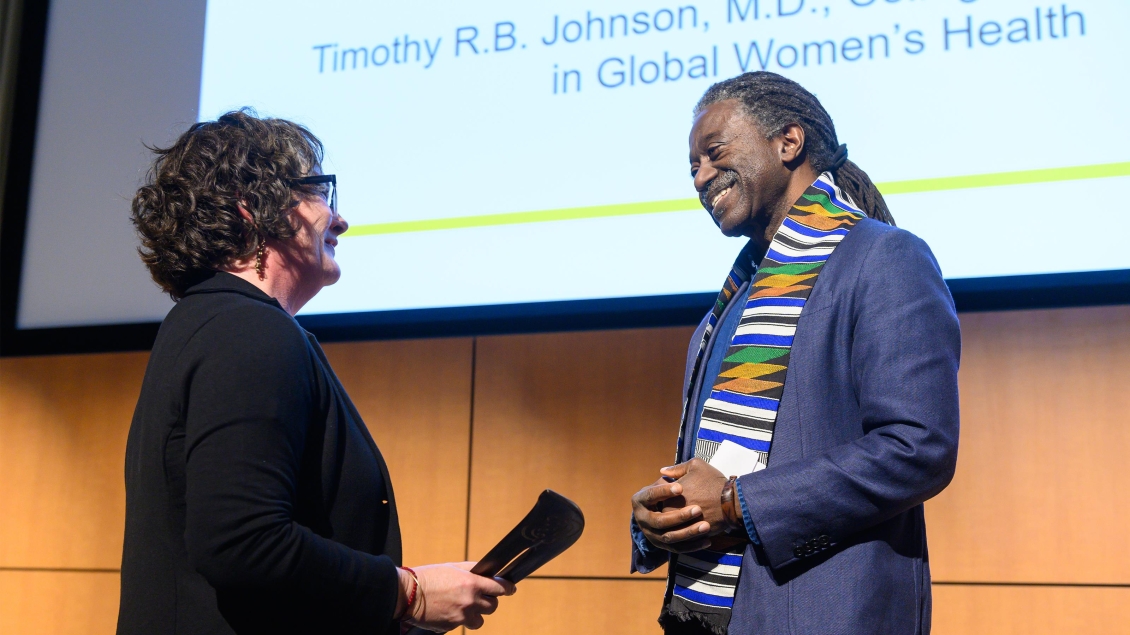
The Global Women's Health Advanced Training Program will help advanced trainees identify their paths as future leaders in global women’s health and provide them with resources for success.
Learn more by jumping to the sections below:
The U-M Medical School Department of Obstetrics and Gynecology Advanced Training Program in Global Women's Health is a two-year program in which graduates of accredited OBGYN residency programs gain clinical and research skills vital to ongoing careers in Global Women’s Health, including:
- Patient care in low- and middle-income countries (LMIC)
- Clinical, health services, and implementation science research
- Capacity building
- Program development and evaluation
Trainees will be trained in the application of any and all of the department’s clinical programs to Global contexts. Clinical work will take place primarily at U-M Medical School (12-16 months) and at one or more low and middle-income countries (LMIC - 8-12 months). The posting will be arranged immediately after acceptance to provide a coordinated experience that melds the research and clinical career goals of the trainee.
Research may be conducted on a broad range of global women’s health topics. The trainee could readily work with an interdisciplinary team tailored to the trainee’s experience and career goals. Research experience will culminate in three projects:
- A systematic or narrative literature review
- A secondary data analysis project
- A clinical, health services, or policy research project involving original data collection
The department has funding that the trainee may apply for to supplement their research projects.
Education in global health is a combination of regular mentorship meetings, on-the-ground experience in LMICs, participation in university-wide global health programs, seminars, and workshops, and auditing of masters-level courses (selected to complement the trainee's area of focus).
University-wide global health and women’s health programs:
- Global Health Research Certificate Program
- Global REACH
- UM Center for Global Health Equity
- Institute for Research of Women and Gender
- International Institute
Opportunities for Masters-Level Coursework:
- Language courses
- Statistics (foundational workshops and advanced courses)
- Public Health Courses
- Public Policy Courses
A Mentorship Team, consisting of the Program Director, a methodological expert, and a content expert, will support the trainee during the program and throughout the trainee’s career trajectory.
International travel for training, service provision and research will be an integral part of the trainee’s experience. Fellows will spend 8-12 months of their fellowship in a LMIC. Program and University faculty members have carried out reproductive health research in more than 50 countries, with a focus in Ghana and Ethiopia, and have significant ties to the World Health Organization and other international health and family planning organizations. In addition, there are a variety of institutional resources available for collaboration and support.
The Department is home to 11 Board-certified and non-Board-certified clinical and research fellowships in obstetrics and gynecology. To promote cross-specialty collaboration, all trainees take part in our didactic curriculum. These are ½ day educational seminars on numerous topics relevant to clinical research and academic leadership.
Topics include research design and implementation, identifying funding opportunities, manuscript timelines and preparation, how to be an effective teacher and employment opportunities. In addition, the department sponsors social events for fellows and advanced trainees across all specialties to further encourage collaboration and to help fellows build both a professional and personal network.
The U-M Medical School Department of Obstetrics and Gynecology is committed to the ongoing development and education of our faculty, staff, and learners. Each year, we provide over 100 CME activities for physicians and healthcare professionals to enhance learning and improve patient outcomes.
Minimum Requirements
- Completion of a residency program accredited by ACGME
- USMLE/COMLEX scores
Due to Department of Labor prevailing wage regulations, we cannot consider applicants with any type of visa.
We do not review CREOG scores in our assessment of applicants. Score reports are not required.
Application Deadline
Applications for an August 2025 start are now open! Applications are due no later than October 15, 2024. Virtual interviews will be conducted on a rolling basis. Final selection will be made by November 2024.
The University of Michigan offers highly competitive salaries and generous benefits to our fellows and advanced trainees. Trainee salary will be commensurate with that of a House Officer at an equivalent level of training based on the HOA contract.
Current fellows are training to become future leaders in global women’s health. We emphasize teamwork, excellence, and leadership while preparing our fellows with resources to be successful in their careers.
- Emma Lawrence, MD
2019-2021 Global Women’s Health Advanced Trainee
NIH Northern Pacific Fogerty Global Health Fellow
Next Steps: Michigan Medicine
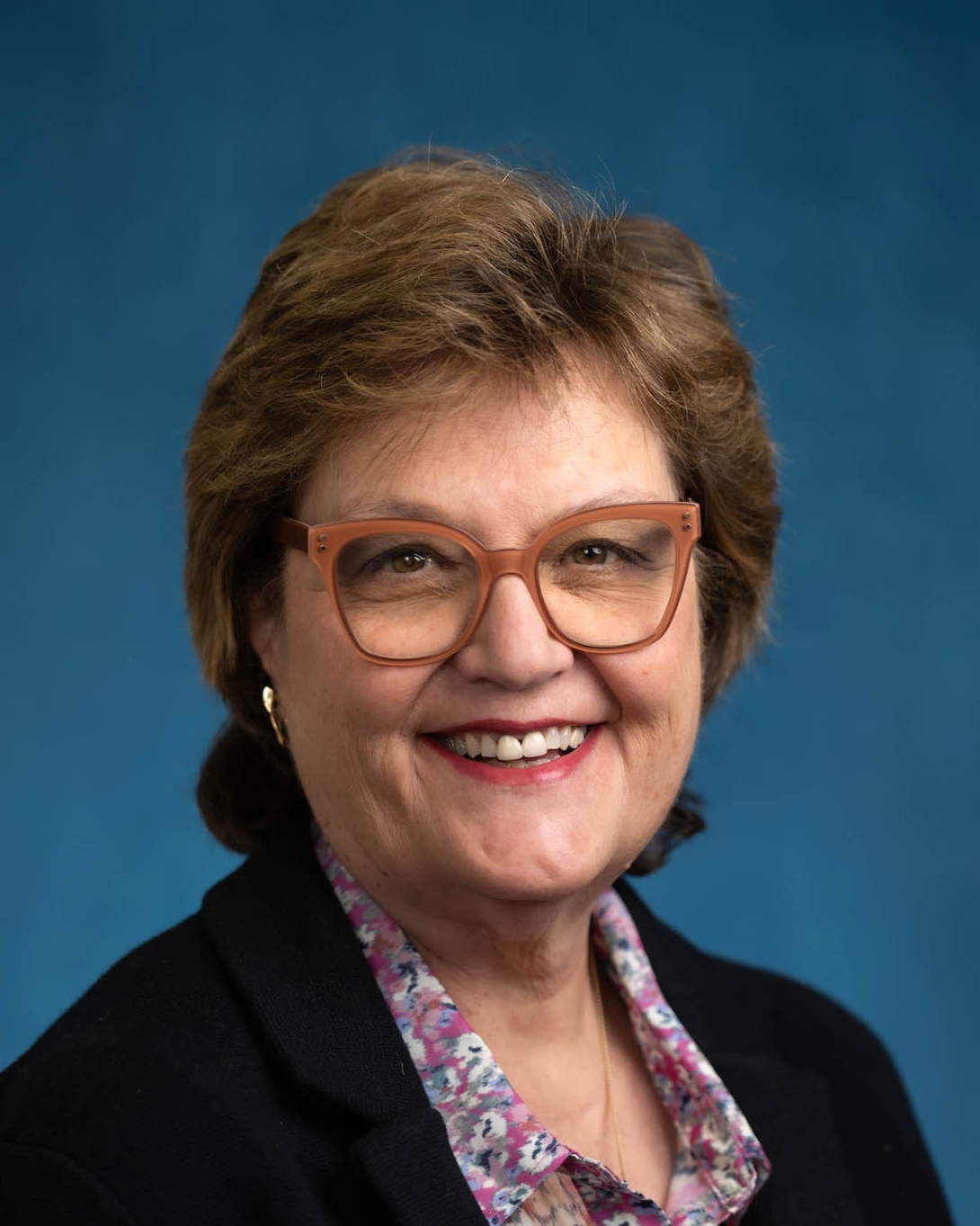
Chair, Department of Obstetrics and Gynecology
Professor of Obstetrics and Gynecology
Professor of Urology
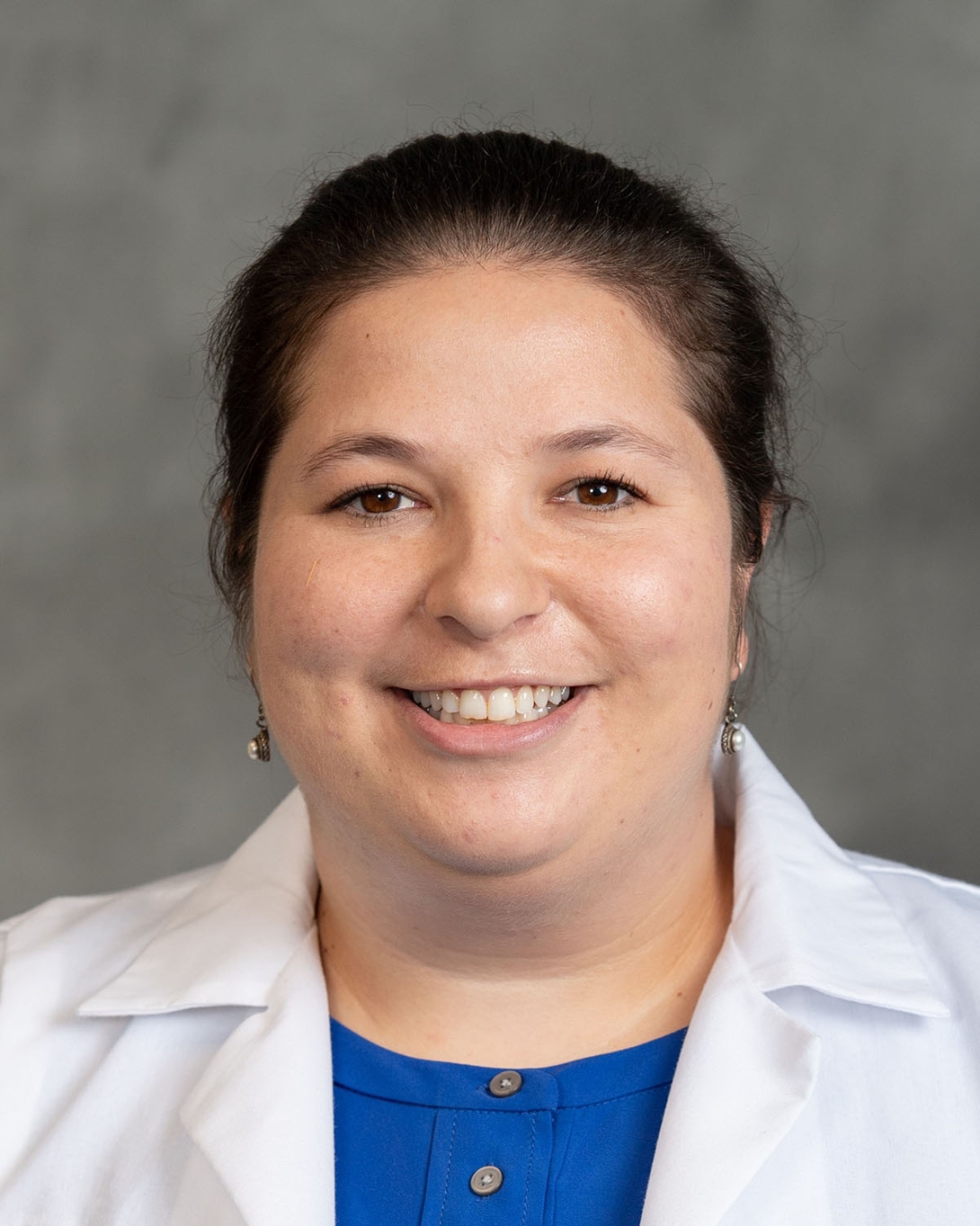
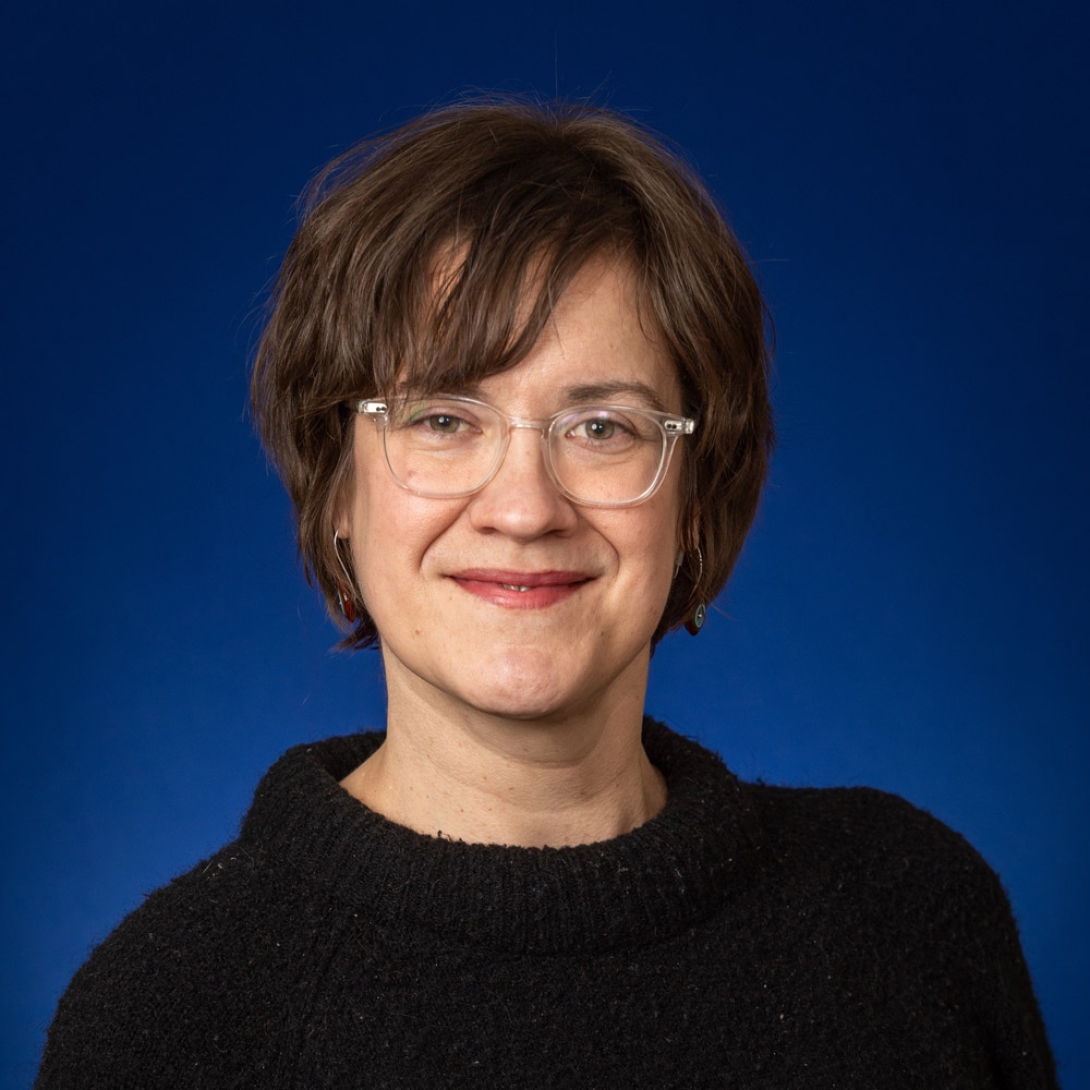
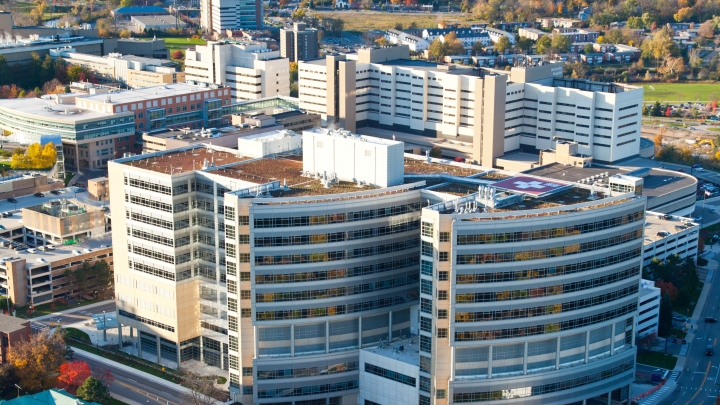
Nationally-recognized physicians provide patients with a full spectrum of pregnancy and childbirth care, as well as gynecologic care before and after pregnancy. For high-risk pregnancies, U-M Medical School’s Fetal Diagnosis and Treatment Center offers comprehensive fetal services, utilizing the latest technological advances in diagnostics, minimally invasive surgeries and open surgeries.

We find a new reason to love Ann Arbor nearly every day — year-round outdoor activities, cultural experiences, a growing food scene, and a welcoming, family-friendly atmosphere are just a few that come to mind. Explore all that Ann Arbor and our surrounding communities have to offer.


